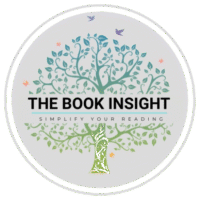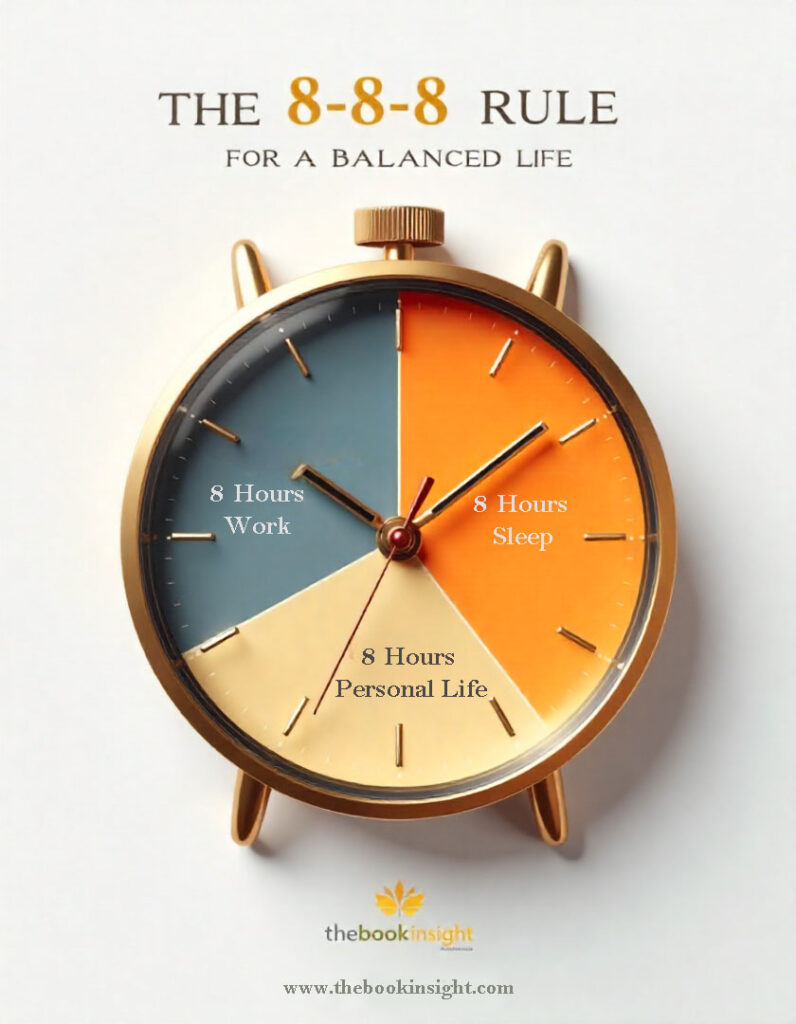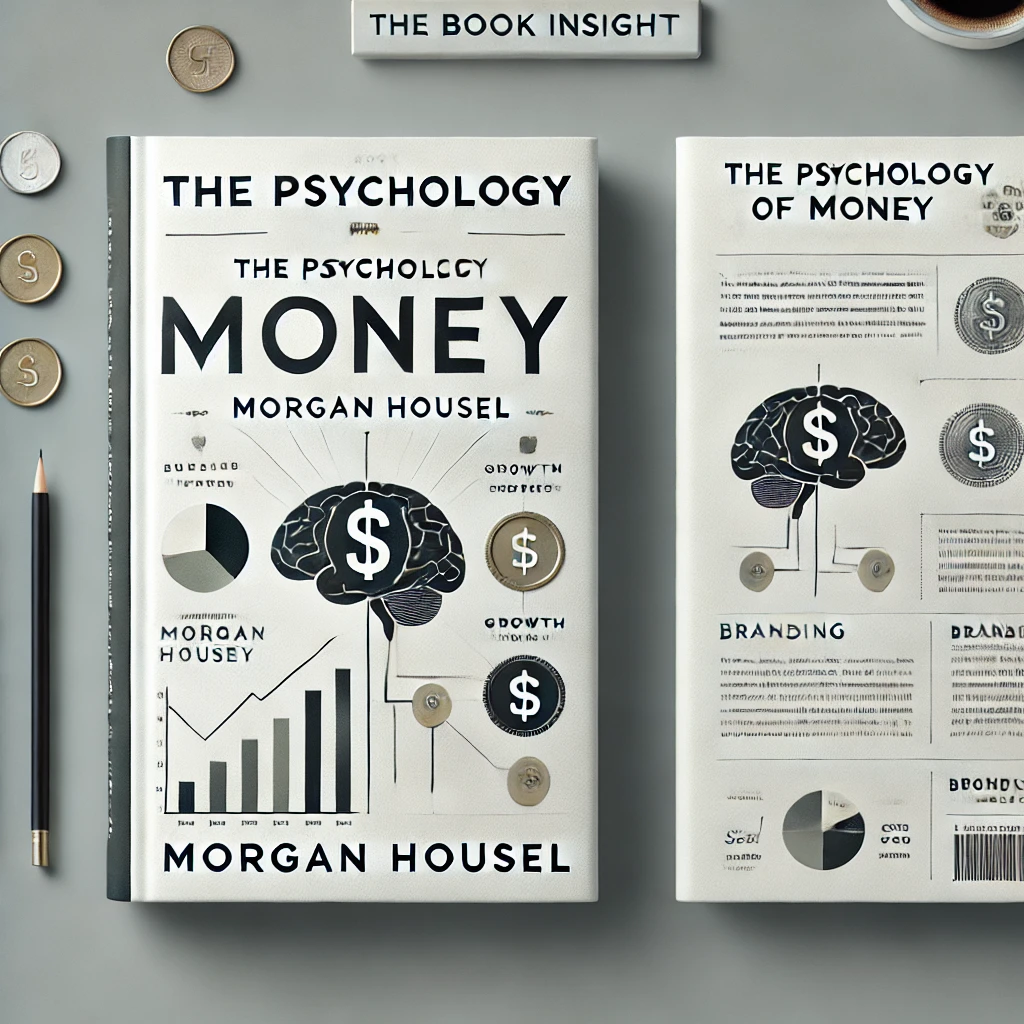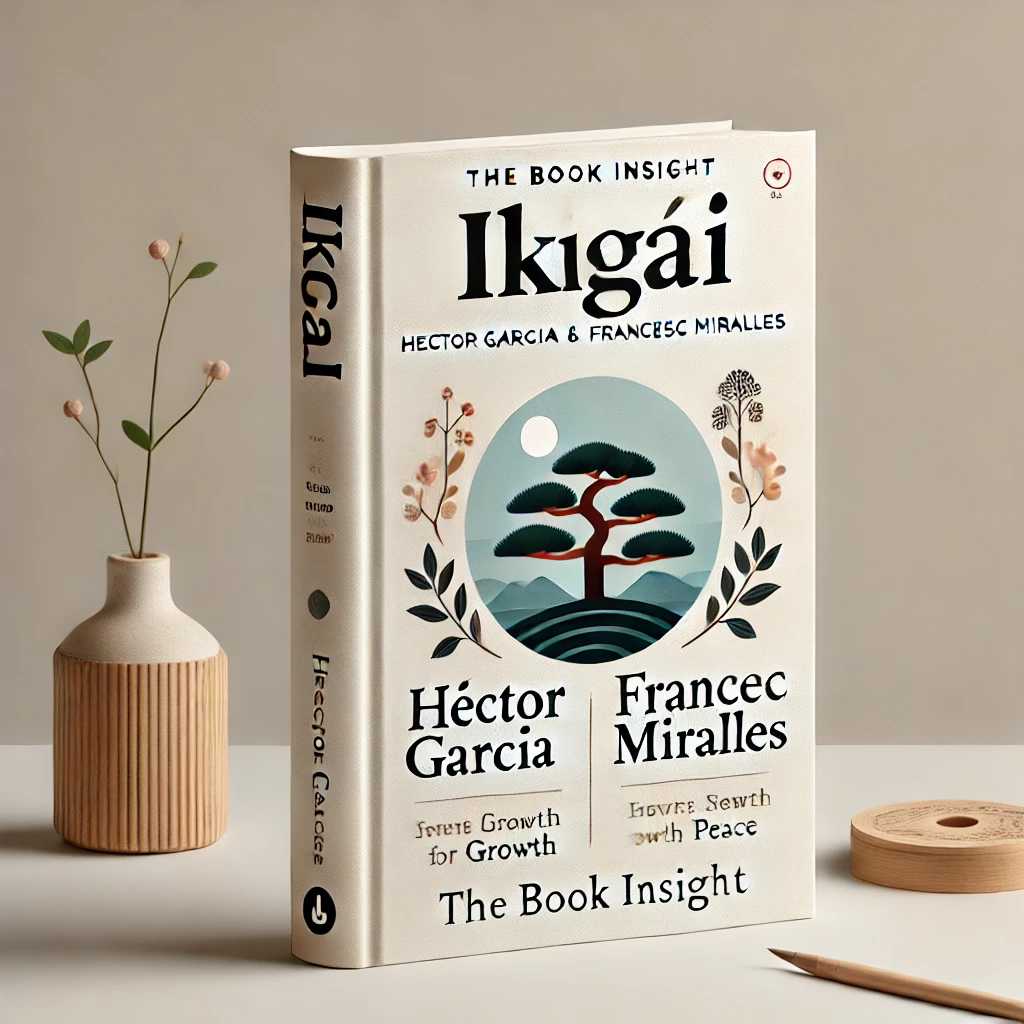Table of Contents
ToggleWhy You Feel Overwhelmed Even When You’re “Busy”
Have you ever spent the whole day rushing through tasks, only to feel unfulfilled by evening? Despite being constantly “on the go,” many of us find ourselves asking—what did I truly achieve today?
This feeling of mental exhaustion, even after a seemingly busy day, is a sign of imbalance. And that’s where the 8-8-8 Rule comes in — a powerful time management formula designed to realign your day into what truly matters: 8 hours for work, 8 hours for sleep, and 8 hours for personal well-being.
Most people live on autopilot. We repeat the same routines daily without questioning whether they add real value. Our mind becomes stuck in habitual loops, chasing busyness instead of purpose. This disconnect only surfaces at the end of the day when, exhausted and emotionally drained, we realize how little joy or meaning the day brought.
Real-Life Reflection
Take my friend Rohit, for example. He works at an MNC in a data-driven role. On the surface, his day is packed — chatting with colleagues, endless tea breaks, scrolling social media, and making weekend plans. But when it comes to actual productive output, he always ends up falling behind.
Every evening, he tells himself, “Tomorrow, I’ll be more focused.” But the cycle repeats — missed goals, overtime work, and sacrificed family time. His lifestyle is a clear case where implementing the 8-8-8 Rule could restore balance between productivity and peace.
The Modern Trap of Over-Productivity
We live in a time where being busy is worn like a badge of honor. But as Chris Bailey explains in his book Hyperfocus, most of our mental energy is spent on non-essential over-productivity — tasks that fill time but not purpose.
He emphasizes balancing Hyperfocus (intense work periods) with Scatterfocus (creative, reflective time), showing that both are essential. Unfortunately, our culture glorifies nonstop hustle, leaving no room for soul-nourishing pauses.
What’s Missing? A Daily Life Structure That Works
What’s truly missing from most people’s lives is a balanced structure. From childhood through adulthood, no one really teaches us how to divide our day mindfully. Even our parents, schools, or workplaces rarely speak about daily balance.
That’s where this article steps in — to reintroduce a simple yet powerful idea that can transform your mental, physical, and emotional health. The 8-8-8 Rule offers a timeless structure:
- 8 hours of focused work
- 8 hours of deep rest
- 8 hours of soulful living
By the end of this article, you’ll walk away with not just knowledge, but a realistic way to apply it in your own life.
Introducing the 8-8-8 Rule: A Simple, Powerful Life Formula
The 8-8-8 Rule, also known as the Triple Eight Formula, was first popularized by Robert Owen, a 19th-century Welsh textile manufacturer and social reformer. Back in 1817, Owen promoted the idea with the slogan:
“Eight hours labour, eight hours recreation, eight hours rest.”
His motive? To fight against the exploitation of factory workers during the Industrial Revolution and promote a humane, balanced life for all. Although society has changed drastically since then, his vision of a well-rounded day is more relevant than ever in our fast-paced, digitally-driven world.
What Is the 8-8-8 Rule?
The 8-8-8 Rule is a life-balancing principle that divides your 24-hour day into three equal, intentional parts:
🕗 8 Hours of Work
This first 8 represents time dedicated to your professional responsibilities — job, business, freelance, or creative work.
Rather than glorifying long work hours, this encourages focused, meaningful efforts. Science backs it: working in shorter, more concentrated intervals reduces burnout, boosts productivity, and improves mental health. Balance ambition—not overwork—is the goal.
😴 8 Hours of Sleep
The second 8 is for deep, restorative sleep. While many claim 6 hours is “enough,” studies consistently show that 7 to 9 hours is ideal for optimal hormonal function, memory, decision-making, and emotional well-being.
Choosing less sleep to “get more done” eventually backfires on both your body and mind. This part of the rule reminds us: rest is not laziness — it’s a human necessity.
❤️ 8 Hours for You: The 3Fs, 3Hs, and 3Ss
This is the most overlooked part of our daily schedule — the time for your personal life, self-care, and inner joy.
Here’s how it’s broken down:
- 3Fs – Family, Friends, Faith
Build and nurture your emotional and spiritual foundations. - 3Hs – Health, Hygiene, Hobby
Move your body, take care of yourself, and do something that brings you joy. - 3Ss – Soul, Service, Smile
Reflect, contribute, and spread positivity. These habits deepen inner peace and purpose.
This final 8 hours isn’t just “free time” — it’s the core of your human experience, where joy, growth, and real life happen.
A 24-Hour Reality Check
We all live within the same 24-hour clock. You can’t stretch it to 25 or 30 hours, yet we often complain:
“I don’t have time to exercise… to sleep well… to spend time with family… to read… to live.”
In truth, it’s not a lack of time — it’s a lack of structure and prioritization.
The 8-8-8 Rule isn’t just another productivity hack. It’s a mindful reminder that you already have enough time — you just need to divide it wisely.
Stop blaming your job, your boss, or your calendar. Instead, start creating a balanced life—one block of 8 hours at a time.
8 Hours of Work: How to Achieve Balanced Ambition
When we talk about 8 hours of work, it’s not about grinding all day long. It’s about focusing on meaningful output — not just staying busy.
Too often, we fill our day with tasks that feel important but don’t truly move us forward. A daily time management formula helps separate meaningful work from busy work.
I remember a colleague, Jack, who was constantly overwhelmed. He had a long list of tasks and always felt behind. One day, I suggested a simple method:
Prioritize your work.
Ask yourself:
- What’s important and only I can do?
- What can be delegated or automated?
Jack started sorting his tasks using this lens. He realized that only 3–4 tasks truly needed his focus. The rest could be handled by others. After sharing this with his manager, he not only reduced his stress but also improved his performance. This is how a work-life balance routine starts—with clarity and boundaries.
Focused Work > Long Hours
As Cal Newport explains in Deep Work, most people can only concentrate deeply for about 4 hours per day. That’s where real productivity comes from.
Instead of filling your 8-hour work block with distractions, aim for:
- 4 hours of deep, focused work (no notifications, no multitasking)
- 4 hours of lighter tasks like communication, admin work, or brainstorming using Scatterfocus, a technique shared by Chris Bailey in Hyperfocus
This mix of focus and creativity not only boosts productivity but makes work more fulfilling. And more importantly — it respects your energy.
Work with Purpose, Not Just Pressure
The goal isn’t to “do more,” but to do what matters most. When your tasks align with your goals and strengths, you’re more likely to enter a state of flow — working with ease, clarity, and full attention.
Following the 8-8-8 Rule doesn’t mean working less—it means working smarter. With the right daily time management formula, you can create a work-life balance routine that supports both your professional growth and personal peace.
8 Hours of Sleep: The Foundation of Mental & Physical Wellness
Sleep is not a luxury — it’s a biological necessity. Yet, in today’s hyper-connected world, millions of people (especially teenagers and young adults) sacrifice sleep for late-night scrolling, binge-watching, or endless chatting.
According to research by the National Sleep Foundation, adults need 7–9 hours of sleep each night for optimal mental and physical performance.
However, studies from Harvard Medical School show that chronic sleep deprivation:
- Disrupts hormone regulation
- Weakens immunity
- Increases risk of anxiety, depression, obesity, and heart disease
- Impairs memory, focus, and decision-making
Simply put — poor sleep destroys the best routine for mental health.
The Danger of Sleep Debt
When you consistently reduce your sleep, you build up something called sleep debt — and unlike financial debt, it’s not easy to repay. Over time, your brain slows down, your creativity drops, and your emotional stability weakens.
Many people push through their day with caffeine and stress, but inside, their body is screaming for rest. The worst part? You may not even realize how much it’s affecting your relationships, mood, and long-term productivity.
If you’re serious about building the best routine for mental health, sleep must be a non-negotiable part of your 24-hour plan.
Build a Healthier Sleep Routine
Here are some practical suggestions to help you reclaim your rest:
- Create a Digital Curfew
Turn off screens at least 1–2 hours before bedtime. The blue light from phones and TVs delays melatonin production and confuses your brain’s sleep clock. - Dim the Lights and Wind Down
Soft lighting signals your body that it’s time to relax. You can also try reading, journaling, or light stretching as part of your wind-down ritual. - Weekend Rule: 6 PM to 6 AM Digital Break
Try a screen-free window on weekends — even just once a week — to reset your system. It’s not easy, but it’s powerful.
Sleep is the reset button for your brain. Without it, even the most productive day won’t bring peace.
If you want emotional strength, focus, and energy — start with sleep.
It’s the foundation of the best routine for mental health, and it deserves its full 8-hour share of your 24-hour day.
8 Hours for You: A Deep Dive into the 3Fs, 3Hs, and 3Ss
When it comes to building the best routine for mental health, these eight hours are crucial. This time is not just about relaxation—it’s about reconnection, purpose, and emotional nourishment. Let’s explore how the 3Fs, 3Hs, and 3Ss can transform your life.
3Fs – Family, Friends, Faith
- Emotional bonding reduces stress.
In today’s fast-paced world, we often look for mentors outside—at work, in social media, or podcasts. Yet, the greatest advisor might be sitting across the room—your father, mother, or elder family member. When was the last time you had a heart-to-heart talk with them? True emotional bonding can ground us and relieve deep stress. - Spiritual or inner belief provides meaning.
Science may explain how the universe works, but belief and spirituality give it meaning. Whether through prayer, mindfulness, or simply acknowledging a higher energy, nurturing your faith strengthens mental clarity and purpose. - Reconnect with people and purpose.
We’re so busy chasing success that we forget to live with purpose. The best routine for mental health involves reconnecting with loved ones and rediscovering meaning. As the Bhagavad Gita reminds us, a purposeful life is what separates humans from mere survival. Books like Ikigai also emphasize the power of living with intention.
3Hs – Health, Hygiene, Hobby
- Balance body, self-care, and joy.
Your wealth is worthless if your health fails. With rising lifestyle diseases—even among gym-goers—mental and physical wellness is non-negotiable. We also often neglect hygiene, opting for processed and unhygienic foods that harm our bodies silently. - Simple acts like walking, skincare, and painting.
A morning walk clears your mind. A skincare routine can be meditative. Painting or engaging in your old hobbies revives the creative child within. Remember how school painting contests once sparked joy? That spark still lives within you. - These aren’t luxuries—they’re essentials.
We treat these 3Hs as distractions, but they’re part of the best routine for mental health. Rediscover them not as time-pass activities but as life-sustaining habits.
3Ss – Soul, Service, Smile
- Self-reflection, mindfulness, and kindness.
Make time for self-reflection and stillness. Meditation helps align your thoughts and opens the heart to serve others. Volunteering—even in small ways—can fill you with unmatched joy. - Inner peace creates external impact.
When you’re calm inside, the world around you feels more manageable. Activating your inner peace through practices like chakra meditation connects you with nature and brings emotional stability. - Don’t overlook your “me time.”
Finally, give yourself permission to pause. Say thank you to yourself, show compassion to others, and smile more. Your “me time” isn’t selfish—it’s essential for self-awareness and emotional well-being.
Let this 8-hour self-time be the foundation of your best routine for mental health—where you heal, grow, reflect, and reconnect every day.
How to Apply the 8-8-8 Rule in Your Daily Life?
To make the 8-8-8 Rule truly effective, the first step is to audit your current 24 hours. Divide your day into three clear segments and evaluate how you’re currently spending each:
🕗 8 Hours for Work
Start by reviewing your workday:
- Are your daily tasks aligned with your goals?
- Can any workflows be automated or eliminated?
- Use a task planner to prioritize what truly matters and eliminate distractions.
Focus on quality work over quantity—not everything needs your immediate attention. This ensures you’re more productive, not just busy.
💤 8 Hours for Sleep
Sleep isn’t optional—it’s essential for mental and physical recovery.
- Set a fixed bedtime and wake-up routine.
- Eliminate blue light exposure (phone/laptop) 30–60 minutes before bed.
- Use calming habits like journaling or deep breathing before sleep.
This segment is a non-negotiable part of the best routine for mental health.
🌱 8 Hours for You: The 3Fs, 3Hs, and 3Ss
This is your time to reconnect—with yourself, your purpose, and your people. Here’s how:
- Revisit your 3Fs (Family, Friends, Faith), 3Hs (Health, Hygiene, Hobby), and 3Ss (Soul, Service, Smile).
- Plan activities like a walk with family, a hobby hour, or a 15-minute meditation.
- This part fuels emotional balance and truly defines the best routine for mental health.
Habit Tracker Template (Download or Create Your Own)
To bring this rule into practice, use a simple daily tracker:
Time Block | Planned Activity | Completed? |
8 hrs – Work | e.g., Client Project, Admin Tasks | ✅ / ❌ |
8 hrs – Sleep | e.g., Sleep by 11 PM, No screen use | ✅ / ❌ |
8 hrs – Personal | e.g., Walk, Call Dad, Hobby Drawing | ✅ / ❌ |
You can create this in a notebook, Excel sheet, or use a free app like Notion, Habitica, or Google Sheets.
Pro Tip: Review your tracker weekly and reflect on small improvements. Consistency is more important than perfection.
By structuring your life around the 8-8-8 framework, you’ll naturally develop the best routine for mental health, productivity, and overall fulfillment.
Conclusion: What Does Your 8-8-8 Life Look Like?
Now it’s your turn.
The 8-8-8 Rule is more than just a time management technique—it’s a philosophy for living a balanced, meaningful, and mentally healthy life. By intentionally dividing your day into equal parts of work, rest, and self-care, you give yourself the space to grow professionally, stay physically well, and connect emotionally.
Your version of the 8-8-8 life may look different—and that’s the beauty of it. Whether you’re a student, working professional, freelancer, or entrepreneur, this framework helps you reclaim control of your time and live with purpose.
“Time is already divided—we just have to live it wisely.”
Your next step:
Try the 8-8-8 Rule for a week. Adjust it to suit your reality. See what changes in your energy, focus, and mental clarity.
💬 Share your version of the 8-8-8 life in the comments, or subscribe for more mindful strategies to build your best routine for mental health and productivity.
Related Book Summaries to Master the 8-8-8 Rule
Looking to go deeper into the mindset and strategies behind a balanced, productive life? These hand-picked book summaries perfectly complement the 8-8-8 lifestyle framework:
1. Atomic Habits by James Clear
Build strong daily routines, one small habit at a time.
Discover how tiny changes lead to remarkable results. This summary teaches you how to form sustainable habits that support your work-life balance routine and strengthen your daily time management formula.
2. The Compound Effect by Darren Hardy
Master the power of consistency over time.
Success isn’t about big leaps—it’s about daily progress. Learn how making consistent 1% improvements each day leads to massive transformation in work, sleep, and personal growth.
➡️ Read The Compound Effect Summary
3. Hyperfocus by Chris Bailey
Switch between Hyperfocus and Scatterfocus to unlock deep attention and creative thinking.
This book reveals how to manage your attention in a distracted world. Ideal for optimizing your 8-hour work block and boosting mental clarity.
4. Deep Work by Cal Newport
Learn the art of focused, high-impact work in a distracted world.
Explore how to dive into distraction-free work sessions and make the most of your work hours—essential for anyone applying the 8-8-8 Rule.
5. Eat That Frog by Brian Tracy
Overcome procrastination with 21 powerful productivity techniques.
This classic teaches you how to tackle your most important tasks first—perfect for mastering your 8-hour work block and managing your energy wisely.



